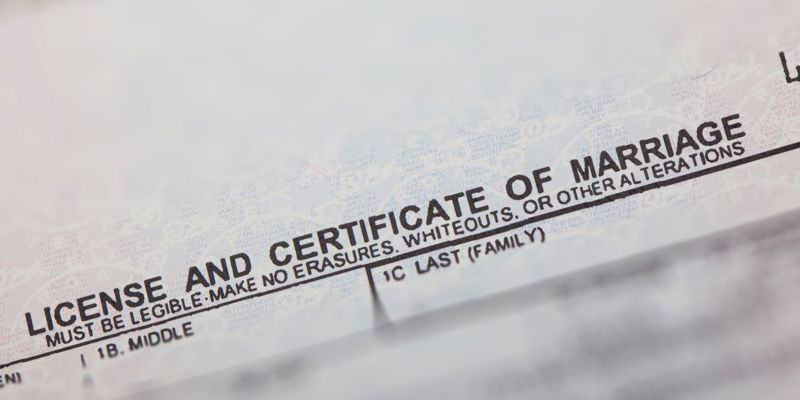
Navigating international divorce: key strategies for choosing the right jurisdiction
Associate Maria Airey discusses the complexities and critical considerations for married couples with international ties deciding where and when to pursue a divorce.
The decision to pursue a divorce is often a difficult one, and for couples with international ties, the questions of when and where to divorce can be just as critical and have significant implications.
Many couples today have international connections, whether through living abroad, holding foreign citizenship, or spending time in different countries due to work or other commitments. Consequently, they may have the option to seek a divorce in multiple countries, making the choice of jurisdiction a crucial decision.
The rules governing jurisdiction—the authority of a court to handle a case—vary widely between countries, so obtaining legal advice is essential. For example, one spouse living overseas and the other in England, or one being a foreign national, might allow them to file for divorce in either country.
Key considerations in choosing where to divorce
Waiting periods
Choosing where to divorce involves several practical considerations, such as waiting periods. In Ireland, for instance, couples must live apart for at least two of the three years before filing for divorce. In contrast, English law requires only that the couple be married for at least a year, potentially making it a quicker option for those eligible to file in both England and Ireland.
Duration
The duration of the divorce process itself is another important factor, especially for couples eager to move on or remarry. In some jurisdictions, divorces can take several years. For example, the English High Court annulled 180 divorces in 2014 for Italian couples who fraudulently used an English address to avoid Italy’s lengthy divorce process, which took years compared to England’s nine to 12 months.
Financial considerations
Financial considerations also play a significant role in deciding where to divorce. English courts value both financial and non-financial contributions equally, making it more favourable for the financially weaker spouse. Many other jurisdictions prioritise financial contributions, potentially disadvantaging the non-earning spouse. Hence, England is often seen as a preferable jurisdiction for financially weaker parties due to its generous provisions and strict financial disclosure requirements. In some cases, failure to disclose assets can even lead to imprisonment.
Where was the divorce process started?
When each spouse files for divorce in different countries, complex rules determine which jurisdiction will proceed. One key factor can be which country’s process started first, so acting quickly is crucial if a jurisdiction dispute is likely.
Post-Brexit
For couples with ties to European Union countries, it's important to note that post-Brexit, the UK courts handle jurisdiction disputes differently than under EU law, adding further complexity.
In summary
- Seek urgent legal advice: Even a slight connection to another country might allow for divorce proceedings there. Early advice is crucial to understand your position.
- Timing: Sometimes it is wise not to inform your spouse about your intention to file for divorce. They might file overseas first, complicating your case. If they have already started proceedings, seek legal advice before responding.
- Secure your original marriage certificate: This is required for filing with the court. Inform your lawyer if you cannot locate it.
- Assume nothing: Do not assume your spouse won’t consider another jurisdiction or know its financial benefits. Complacency can lead to your spouse filing first in another country, impacting your position and outcome.
Maria Airey is an associate in the family and children team, specialising in all aspects of private family law including divorce, financial disputes, pre and post nuptial agreements and children matters.
Get in touch
If you would like to speak with a member of the team you can contact our family and children solicitors by email, by telephone on +44 (0)20 3826 7520 or complete our enquiry form.





